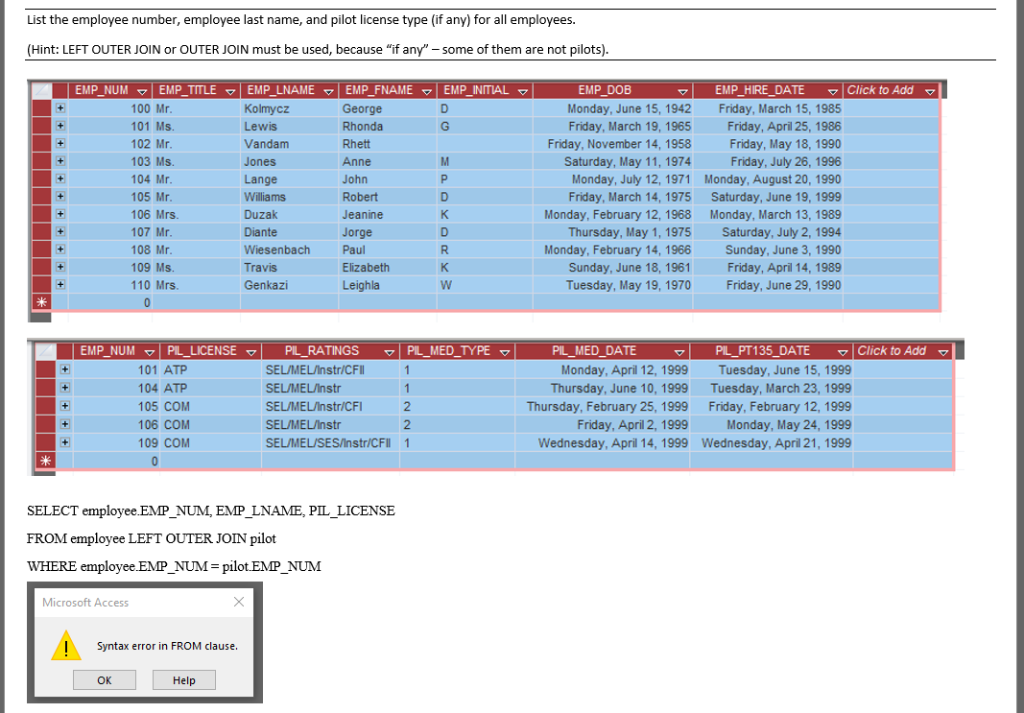


Selective expansion of mitochondrial nucleoside triphosphate pools in antimetabolite-treated HeLa cells.

Markedly different ATP requirements for rRNA synthesis and mtDNA light strand transcription versus mRNA synthesis in isolated human mitochondria. Highly efficient RNA-synthesizing system that uses isolated human mitochondria: new initiation events and in vivo-like processing patterns. Precise identification of individual promoters for transcription of each strand of human mitochondrial DNA. Accurate in vitro transcription of Xenopus laevis mitochondrial DNA from two bidirectional promoters. Characterization of an RNA polymerase activity from HeLa cell mitochondria, which initiates transcription at the heavy strand rRNA promoter and the light strand promoter in human mitochondrial DNA. Identification of a promoter for transcription of the heavy strand of human mtDNA: in vitro transcription and deletion mutagenesis. Identification of specific light strand transcripts from the displacement loop region. In vitro transcription of human mitochondrial DNA. Purification of mitochondrial RNA polymerase from Saccharomyces cerevisiae. Links to PubMed are also available for Selected References. Get a printable copy (PDF file) of the complete article (1.4M), or click on a page image below to browse page by page.
#List of requirements for atp license full
Full textįull text is available as a scanned copy of the original print version. These results pointed to a specific requirement for ATP at an early step of the transcription process. Evidence was obtained indicating that pppA did not support an early event in mtDNA transcription (formation of preinitiation complex or initiation), whereas this analog could substitute effectively for ATP in the subsequent elongation steps. 5'-Adenylyl imidodiphosphate (pppA), an ATP analog with a nonhydrolyzable beta-gamma bond, was unable to substitute for ATP in supporting mtDNA transcription but greatly stimulated this transcription in the presence of a low concentration of exogenous ATP. Direct measurements showed that nonspecific ATP degradation during the assay did not account for the high ATP requirement. The ATP concentrations allowing transcription of both heavy- and light-strand of human mtDNA in a HeLa cell mitochondrial lysate were found to cover a broad range, with a maximum around 2.5 mM, and with reproducible differences in the ATP response curves for the two transcription events.


 0 kommentar(er)
0 kommentar(er)
